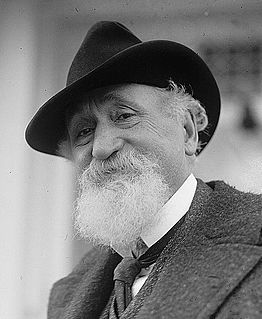A Quote by J. Paul Getty
Nostalgia often leads to idle speculation.
Quote Topics
Related Quotes
Murray said, ´I don´t trust anybody´s nostalgia but my own. Nostalgia is a product of dissatisfaction and rage. It´s a settling of grievances between the present and the past. The more powerful the nostalgia, the closer you come to violence. War is the form nostalgia takes when men are hard-pressed to say something good about their country.´
There is no place for nostalgia in a progressive world. The new school not only ignores nostalgia, but condemns it. The world of yesterday is becoming an isolated world of remembrances and echoes so forbidden that, to decorate the present with it, you must often do so with a sense of humor or belong to a select group.
I believe nostalgia has many appearances and that it's not just the privilege of adults. I think children too can have nostalgia. It's one of mankind's most shared emotions. It's one of the things that makes us human. When you live, you lose things. It's a fact of life. So it's natural for everyone to have nostalgia.
From the dawn of exact knowledge to the present day, observation, experiment, and speculation have gone hand in hand; and, whenever science has halted or strayed from the right path, it has been, either because its votaries have been content with mere unverified or unverifiable speculation (and this is the commonest case, because observation and experiment are hard work, while speculation is amusing); or it has been, because the accumulation of details of observation has for a time excluded speculation.
Journeys end in lovers' meeting.' ... But the real journey - the journey of adventure itself - is frequently another matter: often gray, often loverless, often demanding from the secret soul of the adventurer spirit and inspiration, lest the blood turn cold in sick dismay, and the brain cloud under its weight of nostalgia.


































